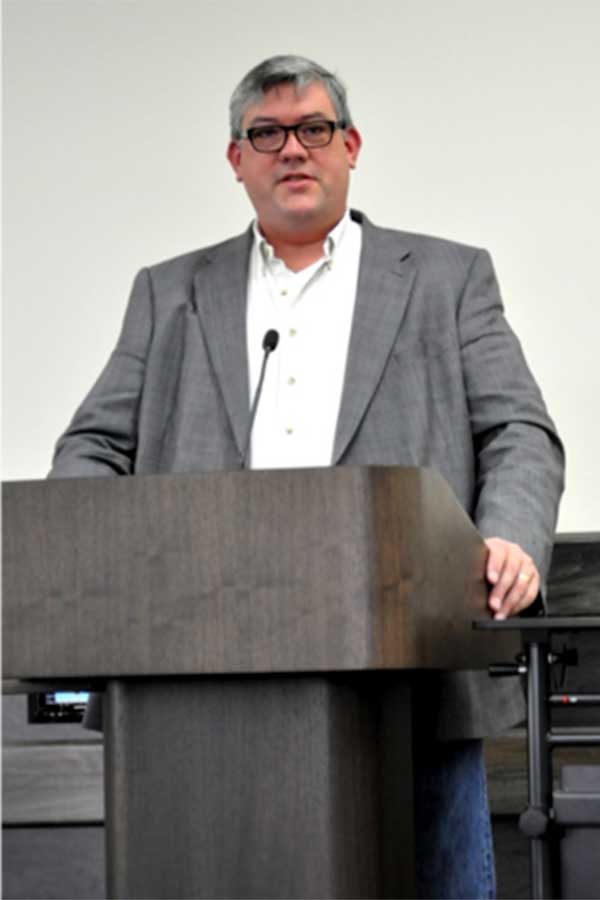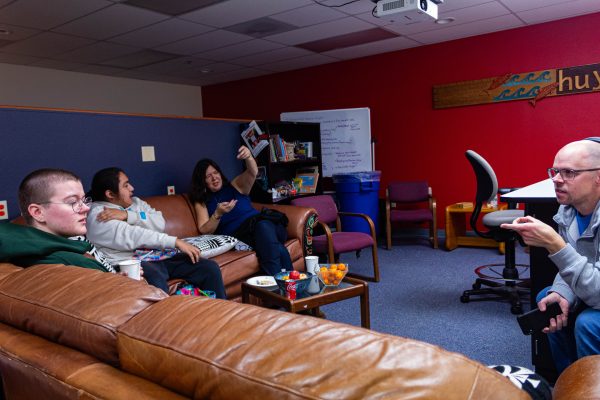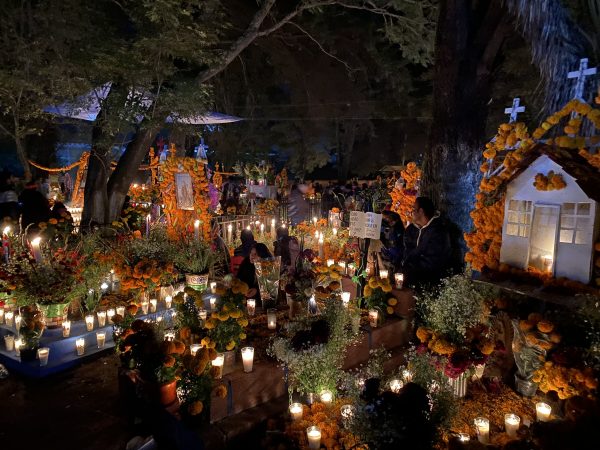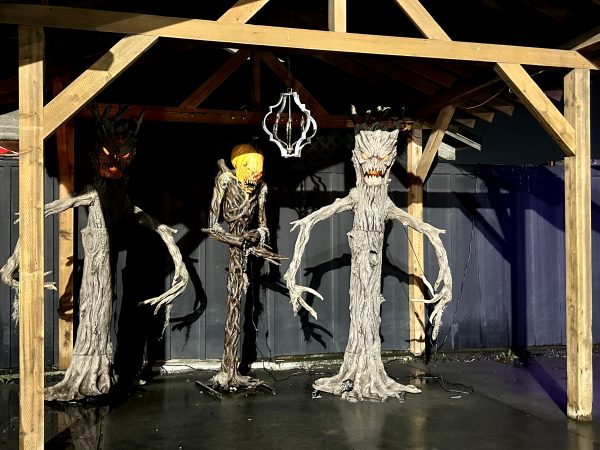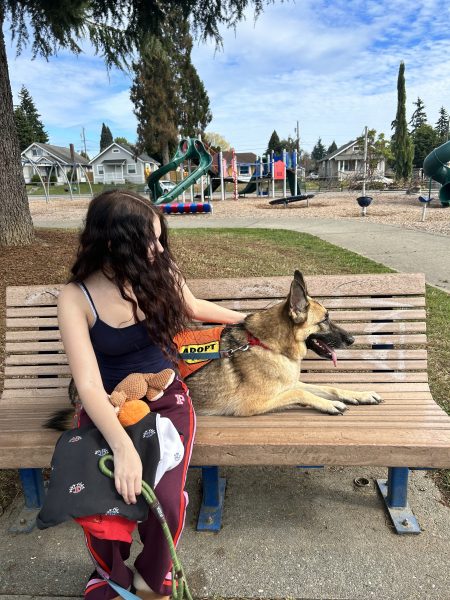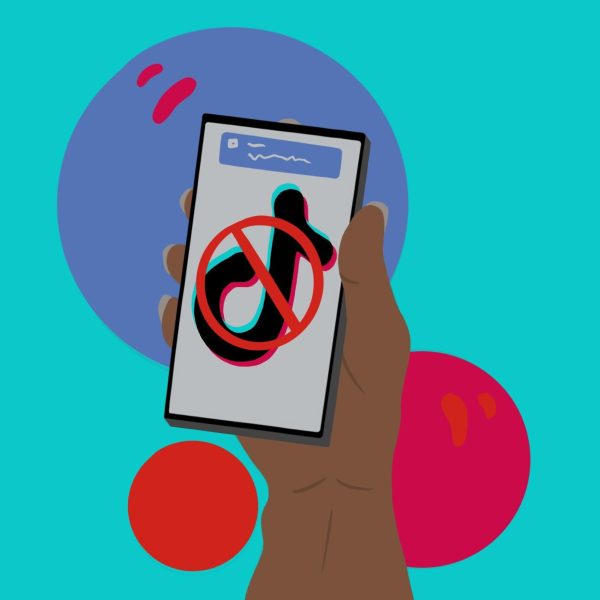Ed Skoog: Rebuilding with Stanzas and Metaphors
Ed Skoog his reading of Rough Day on Nov.17.
Ed Skoog, an English instructor at EvCC, was recently awarded a Washington State Book Award for his book Rough Day. This book is a collection of poems, with the central theme being “how to rebuild” and “how to preserve,” said Ed.
On Nov. 17 Possession Sound Writers, a group that works to bring contemporary literature to EvCC, hosted a celebration for the author. This event included Skoog reading from Rough Day, as well as answering any questions that his audience had about his poetry and writing career. At the event Skoog read his work from Rough Day out loud, and explained that he “wanted it to live in the air, and on the page it is too constrained.” It is evident why Skoog believes this, as his poetry intricately relates imagery with the changing of seasons and his own personal thoughts. Skoog also read poems from his next book, Run the Red Lights, which he is currently in the process of writing. A book signing followed after the event.
Q & A with Ed Skoog
The Clipper: Where did you write Rough Day?
Ed Skoog: I wrote the first draft while living in Washington DC for a year, and revised it over several years in Seattle.
TC: I see you have traveled a lot around the United States, has that impacted your writing?
ES: I’m very curious about what different places are like, and it’s made for a rich life, but it has also added to a feeling of rootlessness and restlessness.
TC: Follow up to that, what brings you to teaching at EvCC?
ES: It’s one of the best places to teach in the Northwest. (Skoog also mentioned he liked being close to the Seattle poetry scene.)
TC: Can you tell me who the little girl on the cover of your book is?
ES: My mother, Beth Henry Skoog, at age 9. The crow is her pet.
TC: Did you originally write these poems with a book in mind, or are they all separate and then combined?
ES: I wanted to write a broad, novelistic book of poems with a sustained set of concerns and a persistent style. This book includes elements of how to preserve and rebuild cities and communities. Personally it is about how to rebuild the self after grief.
TC: How does it feel to win a major book award for Washington State?
ES: It’s very encouraging, and I hope it brings the book to a larger audience.
TC: You also do podcasts on lunchboxpodcast.com, is this another creative outlet or just a hobby?
ES: I love what happens when you have a long conversation with a friend; it challenges you to be agile and quick, and, like writing poems, brings you to new ideas and ways of seeing. The podcast is a new and interesting literary form, I think.
TC: When did you start writing for personal enjoyment?
ES: Not sure that I do enjoy it, but I’ve been committed to writing poems since I was nine.
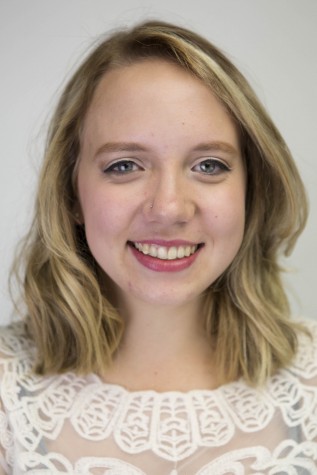
What do you like to write about?
I love writing about interesting people. Profiles on people really make me happy, and I love all of the interesting...

